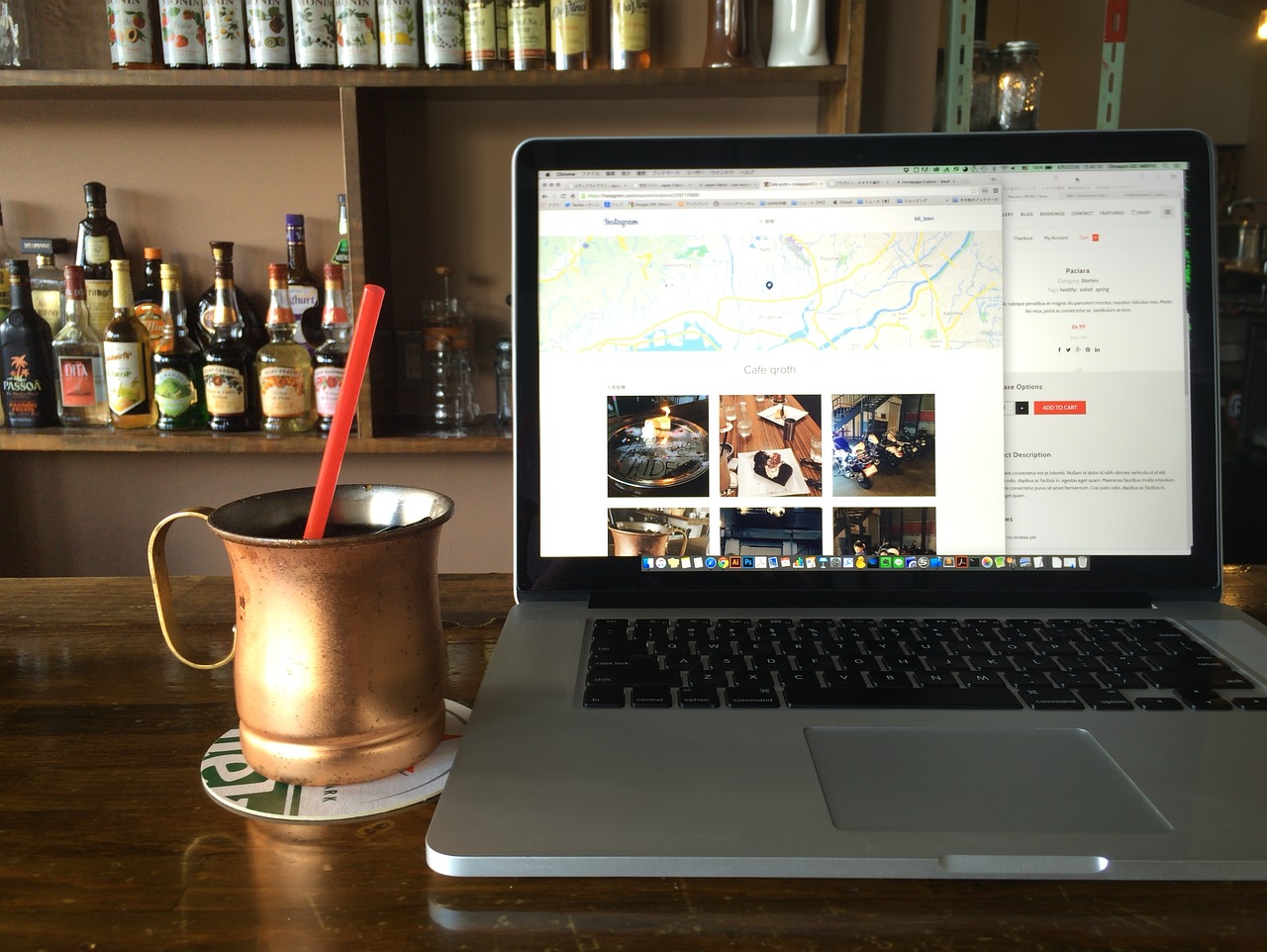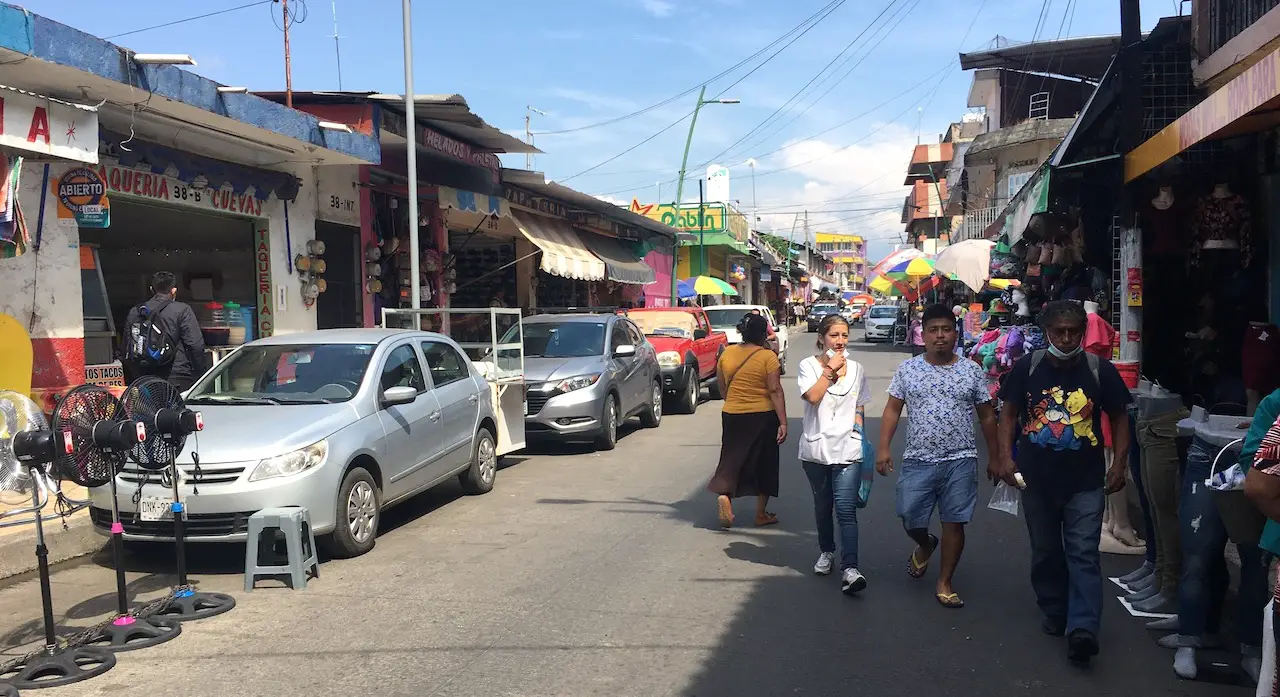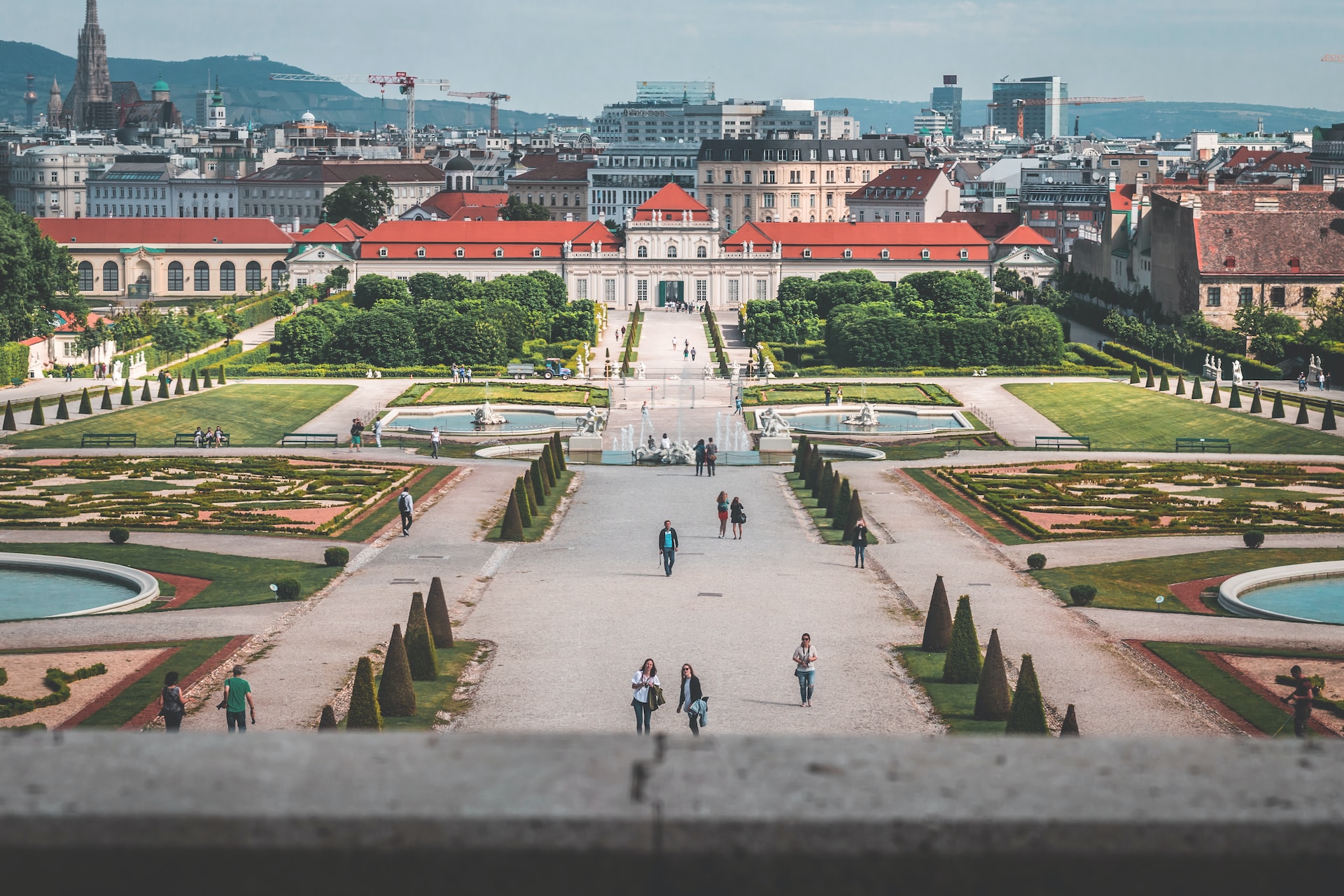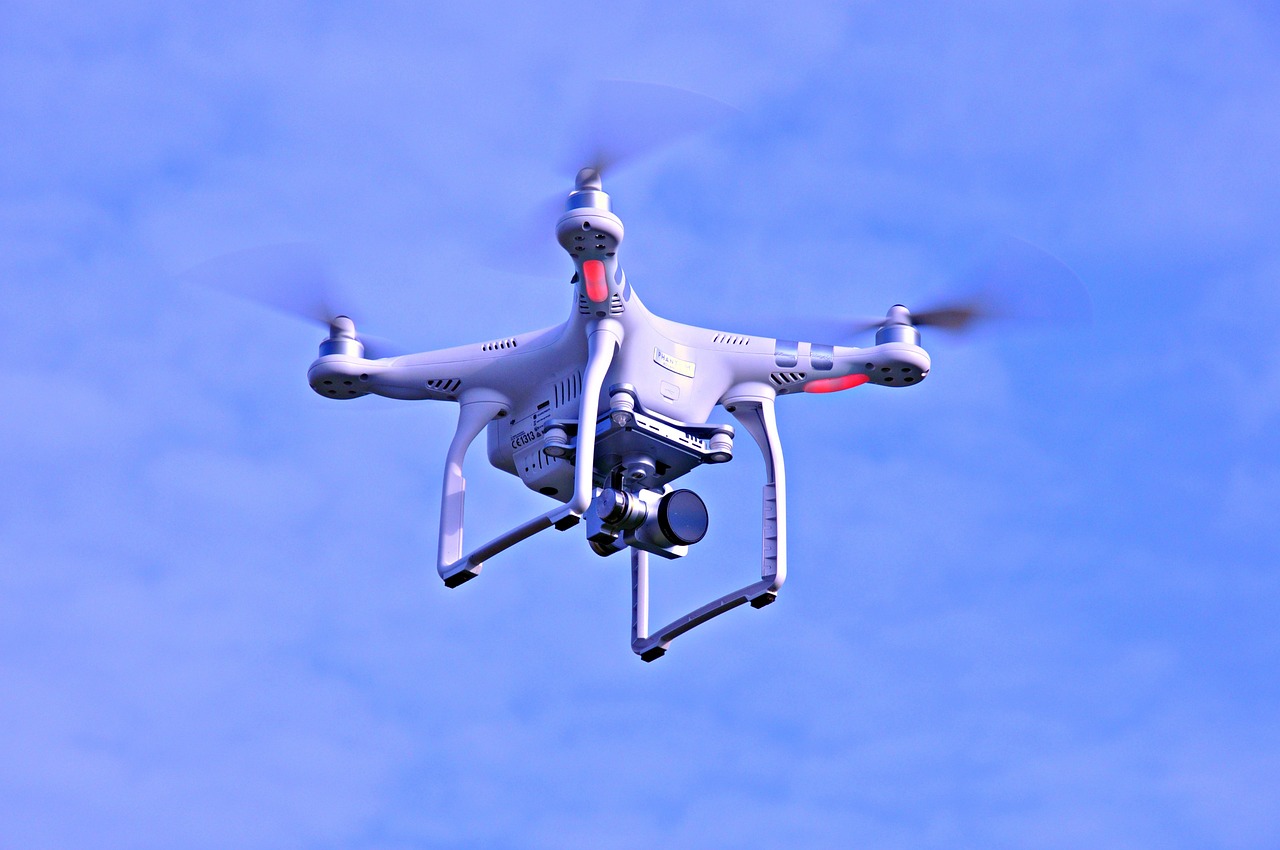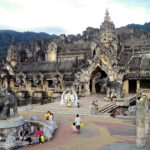Indonesia is a diverse and stunning country with a wealth of tourist attractions. Here are five recommended attractions, including the ones you mentioned, with brief descriptions:
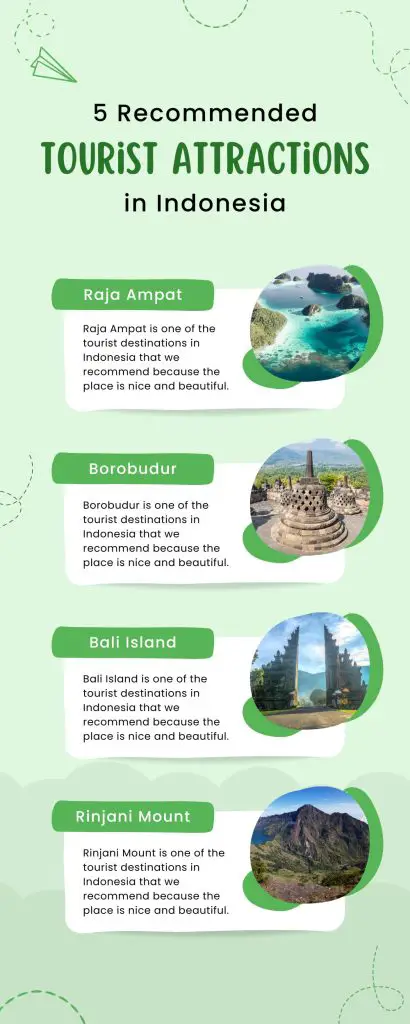
Raja Ampat: Located in West Papua, Raja Ampat is a stunning archipelago consisting of over 1,500 small islands, cays, and shoals. Known for its lush jungles, pristine white-sand beaches, and crystal-clear turquoise waters, it is a world-class destination for diving and snorkeling enthusiasts. The rich marine biodiversity, including numerous coral species and colorful fish, attracts visitors from around the globe.
Borobudur: As the world’s largest Buddhist temple, Borobudur is a must-see attraction in Indonesia. Located in Central Java, this UNESCO World Heritage Site was built in the 9th century and consists of nine stacked platforms topped by a central dome. The temple is adorned with over 2,500 relief panels and 504 Buddha statues, making it an important site for both its historical and cultural significance.
Bali Island: Often referred to as the “Island of the Gods,” Bali is a popular tourist destination known for its lush landscapes, beautiful beaches, and vibrant culture. The island offers a wide range of activities, from surfing and diving to exploring ancient temples and enjoying traditional Balinese dance performances. Key attractions include the picturesque rice terraces of Tegalalang, the sacred Monkey Forest in Ubud, and the famous Uluwatu Temple.
Mount Rinjani: Located on Lombok Island, Mount Rinjani is Indonesia’s second-highest volcano, standing at 3,726 meters (12,224 feet) tall. It is a popular trekking destination for adventure enthusiasts due to its stunning panoramic views, diverse ecosystems, and natural beauty. The trek to the summit can be challenging, but the reward of witnessing the breathtaking crater lake, Segara Anak, makes it well worth the effort.
Komodo National Park: Home to the world’s largest lizard, the Komodo dragon, Komodo National Park is a UNESCO World Heritage Site located in the Lesser Sunda Islands. The park consists of three main islands – Komodo, Rinca, and Padar – and is an excellent destination for wildlife enthusiasts and adventure seekers. In addition to the famous dragons, visitors can enjoy trekking, diving, and snorkeling in the pristine waters surrounding the islands.
These five attractions offer a diverse range of experiences, showcasing the natural beauty, culture, and history of Indonesia.
Visiting Indonesia is a unique and enriching experience due to the country’s diverse culture, stunning landscapes, and numerous attractions. Here are some tips to help you plan your trip:
Best time to visit: The dry season, which runs from April to October, is the best time to visit Indonesia, as it offers pleasant weather and fewer rain showers. However, popular destinations like Bali can be crowded during this time, so consider traveling during the shoulder months (April, May, September, and October) for fewer tourists and more affordable accommodations.
Visa requirements: Tourists from many countries can enter Indonesia visa-free for stays up to 30 days. Other nationalities may need to apply for a visa in advance or obtain a visa on arrival. Make sure to check the specific visa requirements for your country before traveling.
Vaccinations: Before traveling to Indonesia, consult your doctor about recommended vaccinations, which may include Hepatitis A, Typhoid, and Tetanus-Diphtheria. You may also need to take antimalarial medication if you plan to visit rural areas or go trekking.
Currency: The Indonesian Rupiah (IDR) is the official currency. Make sure to have enough local currency on hand, as smaller businesses and establishments may not accept credit cards. ATMs are widely available in larger cities and tourist areas.
Language: Bahasa Indonesia is the official language, but many Indonesians also speak regional languages and dialects. English is spoken in tourist areas, but learning a few basic Indonesian phrases will help you interact with locals and show respect for their culture.
Local customs and etiquette: Indonesia is a predominantly Muslim country, so it’s important to dress modestly, especially when visiting religious sites. Remove your shoes before entering temples and mosques. Respect local customs and traditions, and always ask for permission before taking photos of people.
Transportation: Domestic flights are the most convenient way to travel between islands. For shorter distances, consider buses, trains, or ferries. In cities, taxis and ride-hailing apps like Grab are widely available.
Safety: Indonesia is generally safe for travelers, but it’s essential to take precautions against pickpocketing, especially in crowded tourist areas. Be aware of local laws and customs, and avoid consuming alcohol or drugs in public spaces.
Accommodations: Indonesia offers a wide range of accommodations, from budget hostels to luxurious resorts. It’s best to book in advance, especially during peak travel seasons.
Must-try foods: Indonesia has a diverse and flavorful cuisine. Don’t miss trying dishes like Nasi Goreng (fried rice), Satay (grilled skewered meat), Rendang (slow-cooked beef in coconut milk and spices), and Gado-Gado (mixed vegetable salad with peanut sauce).
Enjoy your trip to Indonesia and make sure to explore the rich culture, natural beauty, and diverse experiences the country has to offer.


